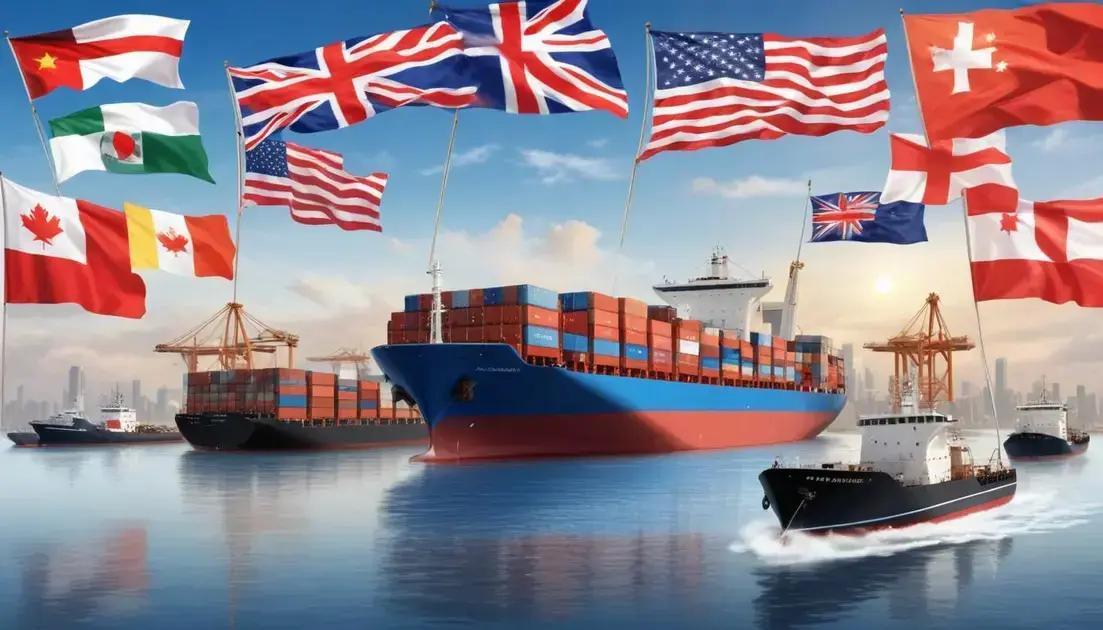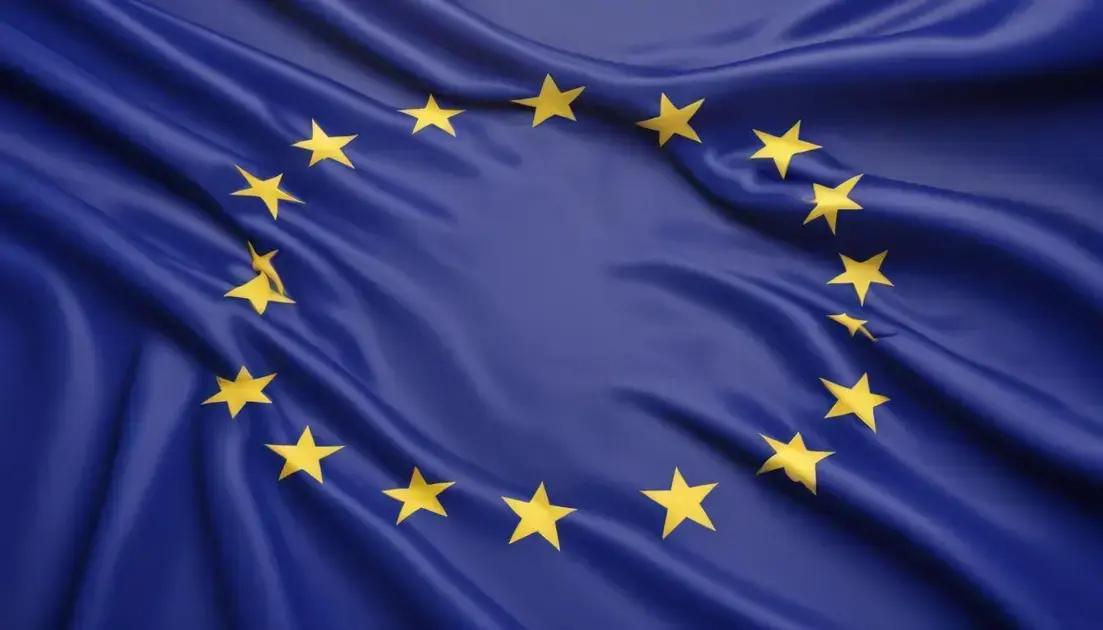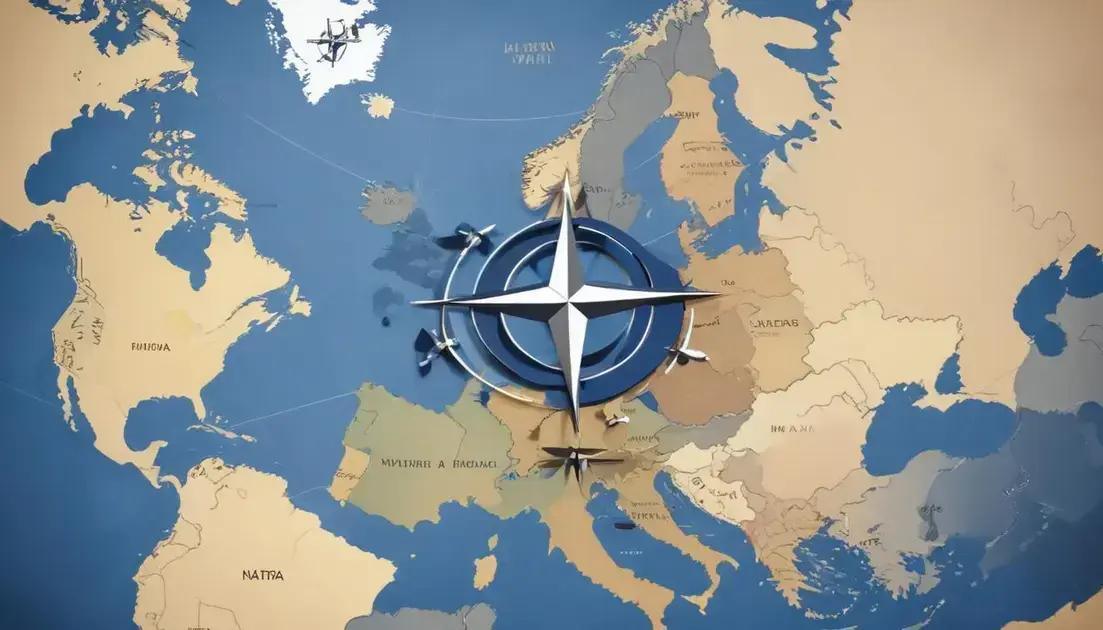
WTO Born in 1995: Global Trade Regulator
The WTO, or World Trade Organization, is essential for regulating global trade by establishing fair rules and resolving disputes among countries. Its functions include promoting trade agreements, monitoring policies, and providing a framework for dispute resolution, which helps maintain stability in international trade. The WTO also addresses contemporary challenges such as e-commerce and sustainability, ensuring that trade practices evolve with global changes. Its future impact on the economy hinges on its ability to adapt and foster cooperation among nations for mutual benefits.
Did you know that the WTO has been instrumental in regulating global trade since its inception in 1995? Let’s dive into how it shapes our economy.
Introduction to WTO
The WTO, or World Trade Organization, was created in 1995. It’s all about managing world trade and making rules. This helps countries work together smoothly. The WTO replaced the GATT, which focused more on goods trade. Now, it covers services, investments, and more.
One important job of the WTO is to settle trade disputes. This means if two countries disagree, they can turn to the WTO for help. It offers a platform where both sides can share their views. This keeps economies stable and relationships friendly.
Another role of the WTO is to help countries stick to agreed rules. This is key for fair competition in the global market. With clear rules, countries can trade with more confidence.
The organization promotes trade freely. When trade barriers are lowered, more goods and services can flow between countries. This can lead to better prices and more choices for everyone.
Understanding the WTO is crucial for grasping how global trade works. The next time you buy a product from another country, remember the WTO is playing a part in that trade.
Functions of WTO
The WTO has several important functions that help keep global trade running smoothly. One main function is to create and enforce trade agreements. These agreements are designed to make trade fair and easy for all countries involved.
Another key role is providing a forum for trade negotiations. Countries can come together to discuss trade issues. They can negotiate better terms and work towards lowering trade barriers. This helps promote free trade and make goods cheaper for everyone.
The WTO also monitors trade policies. It checks if countries are following the rules they’ve agreed to. This makes sure that no one is breaking the rules in favor of themselves.
Dispute resolution is another critical function of the WTO. When countries argue about trade, the WTO steps in to help resolve these disputes. They offer a system to settle these differences fairly and quickly. This helps prevent ongoing conflicts and keeps trade relations strong.
The organization provides technical assistance and training for developing countries. This support helps these countries build their trade capacities. It ensures that they can compete better in global markets.
All these functions work together to promote a stable and fair trading system. By understanding the functions of the WTO, we can see how it impacts economies worldwide.
Impact of WTO on Global Trade
The WTO has a huge impact on global trade. It helps countries lower trade barriers and encourages free trade. When countries work together, they can trade more easily. This often leads to better prices for goods and services.
One major effect of the WTO is the increase in international trade. Countries that join the WTO tend to export more. They also import more goods, which creates a win-win situation for everyone. With more choices available, consumers find better products at lower prices.
The WTO also promotes competition. With the rules in place, all countries must play fair. This makes it harder for any one country to dominate the market. Healthy competition benefits everyone by driving innovation and improving products.
Additionally, the WTO helps stabilize economies. By providing a framework for trade, it reduces uncertainty. Countries feel more secure trading with each other, knowing that there is a system in place to handle disputes. This stability attracts investment, which boosts economic growth.
However, the impact of the WTO isn’t always positive for everyone. Some local industries might struggle to compete with foreign imports. That’s why it’s important for countries to find a balance, supporting their local businesses while engaging in global trade.
WTO and Trade Disputes
The WTO plays an important role in handling trade disputes. When countries disagree over trade issues, the WTO helps them settle their differences. This process is key to maintaining peace in trade relations.
Trade disputes can arise for many reasons. Sometimes, a country believes another is unfairly taxing its goods. Other times, it could be about safety standards or import restrictions. The WTO provides a structured way to address these claims.
The dispute resolution process begins when a country files a complaint. The WTO sets up a panel of experts to review the case. These experts hear both sides and examine the evidence. After thorough discussions, they issue a report with recommendations.
If countries cannot agree, the WTO awards compensation or allows for sanctions. This means if a country does not follow the rules, it may face penalties. This motivates countries to resolve issues quickly and fairly.
The goal of the WTO’s trade dispute system is to ensure fairness and adherence to agreements. By having this process, countries can trust that trade rules will be upheld. This stability promotes smoother international trade and relationships.
Future of WTO and Global Economy
The future of the WTO and the global economy looks promising but challenging. As global trade grows, the WTO needs to adapt. New trade issues arise all the time, like digital trade and environmental concerns.
One key task ahead is addressing e-commerce. Online shopping has exploded. Countries need clear rules on how to handle online sales and data transfers. The WTO must step up to help create these rules.
Another challenge is sustainability. Many countries want to ensure that trade practices are environmentally friendly. The WTO can promote green trade initiatives, which focus on reducing pollution and conserving resources.
Global political tensions also affect the WTO. Trade wars between major economies can disrupt trade flows. The organization has to find ways to ease these tensions and promote cooperation.
Collaborating with other global organizations can strengthen the WTO’s influence. By working together, they can tackle global issues, like poverty and climate change. This cooperation can benefit not just countries but people everywhere.
As the world changes, the WTO’s role will continue to evolve. Its ability to adapt will be key to supporting global trade in the future.
Conclusion
In conclusion, the WTO plays a crucial role in shaping global trade and helping economies grow. It helps create fair trade rules and resolves disputes. As we look to the future, the WTO will face new challenges, like e-commerce and sustainability. These issues are essential for ensuring a balanced trade environment.
By adapting to changes and working with other organizations, the WTO can support global cooperation. This can lead to better trade practices, benefiting everyone involved. In the end, a strong WTO is vital for a healthy and prosperous global economy.


